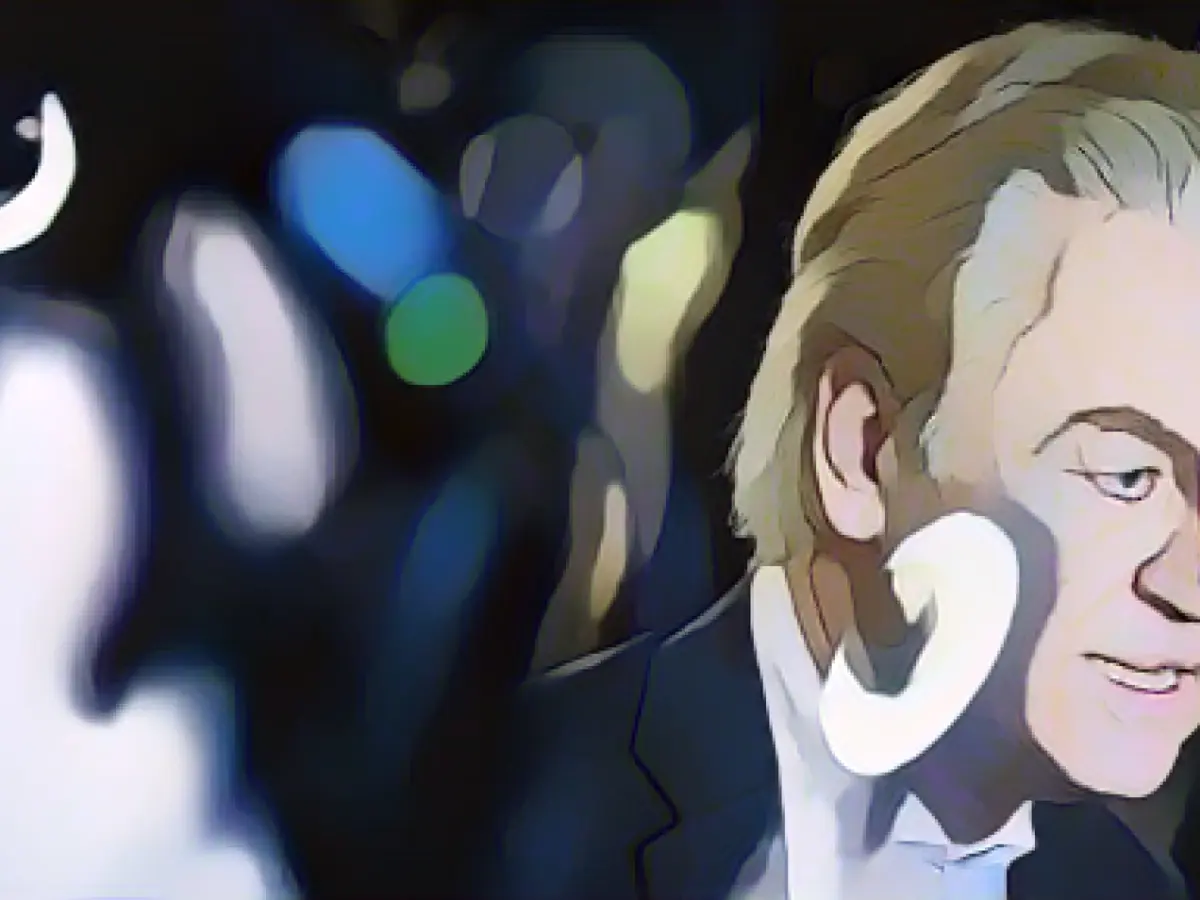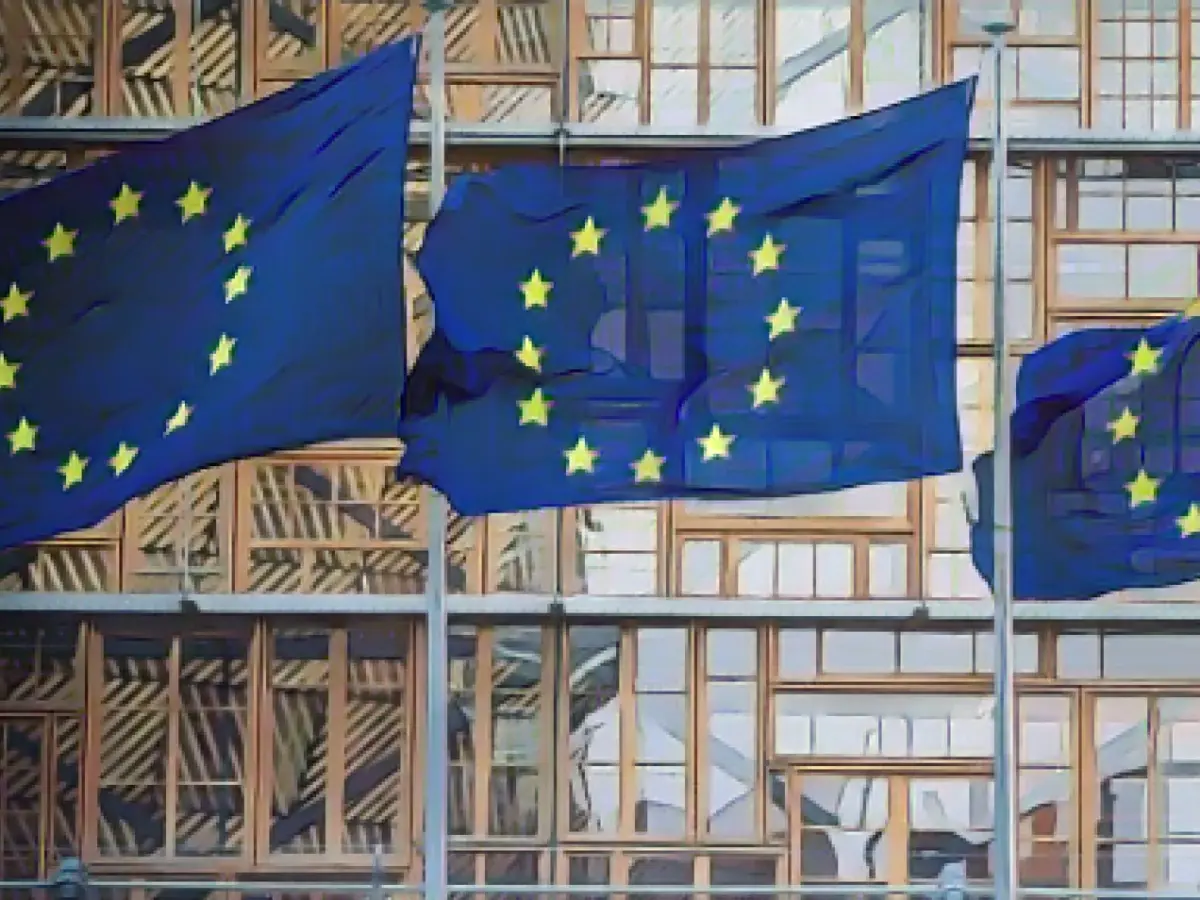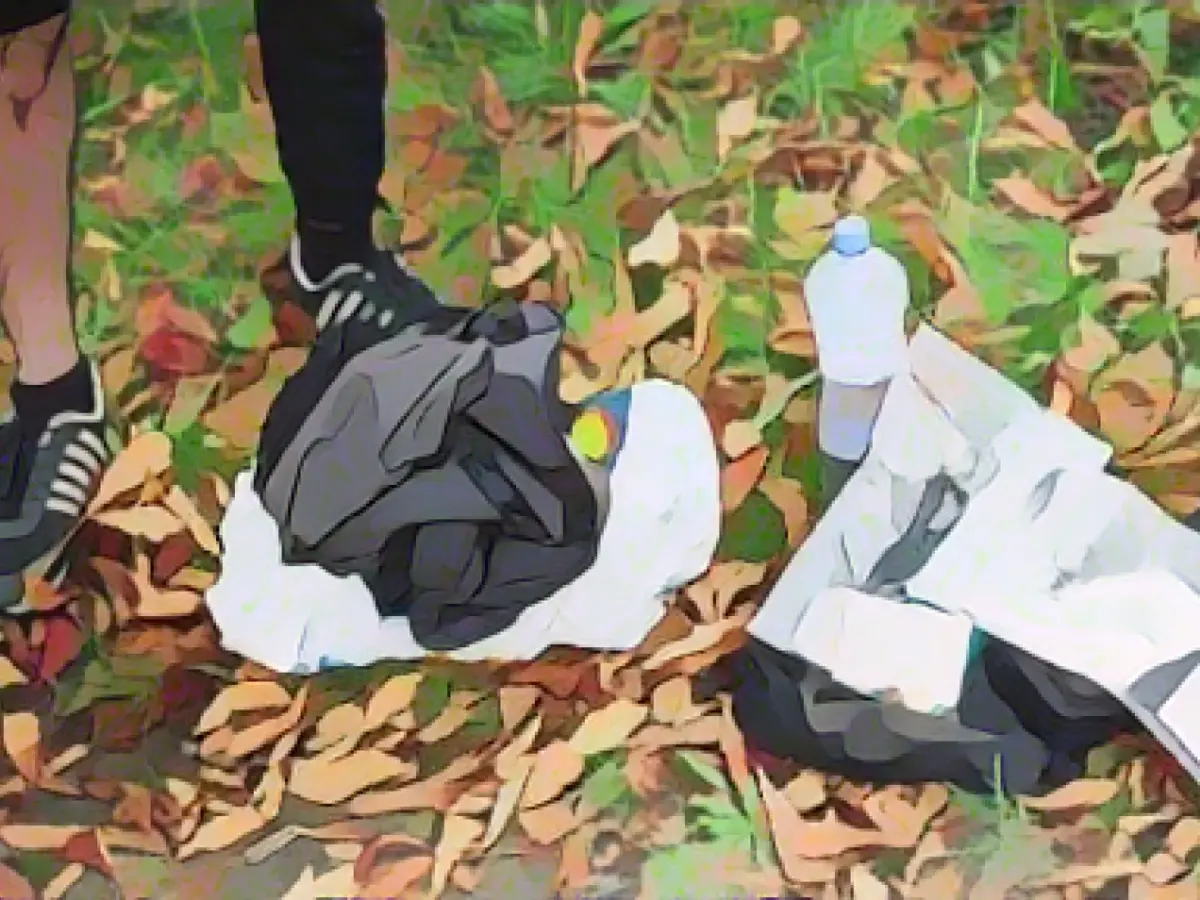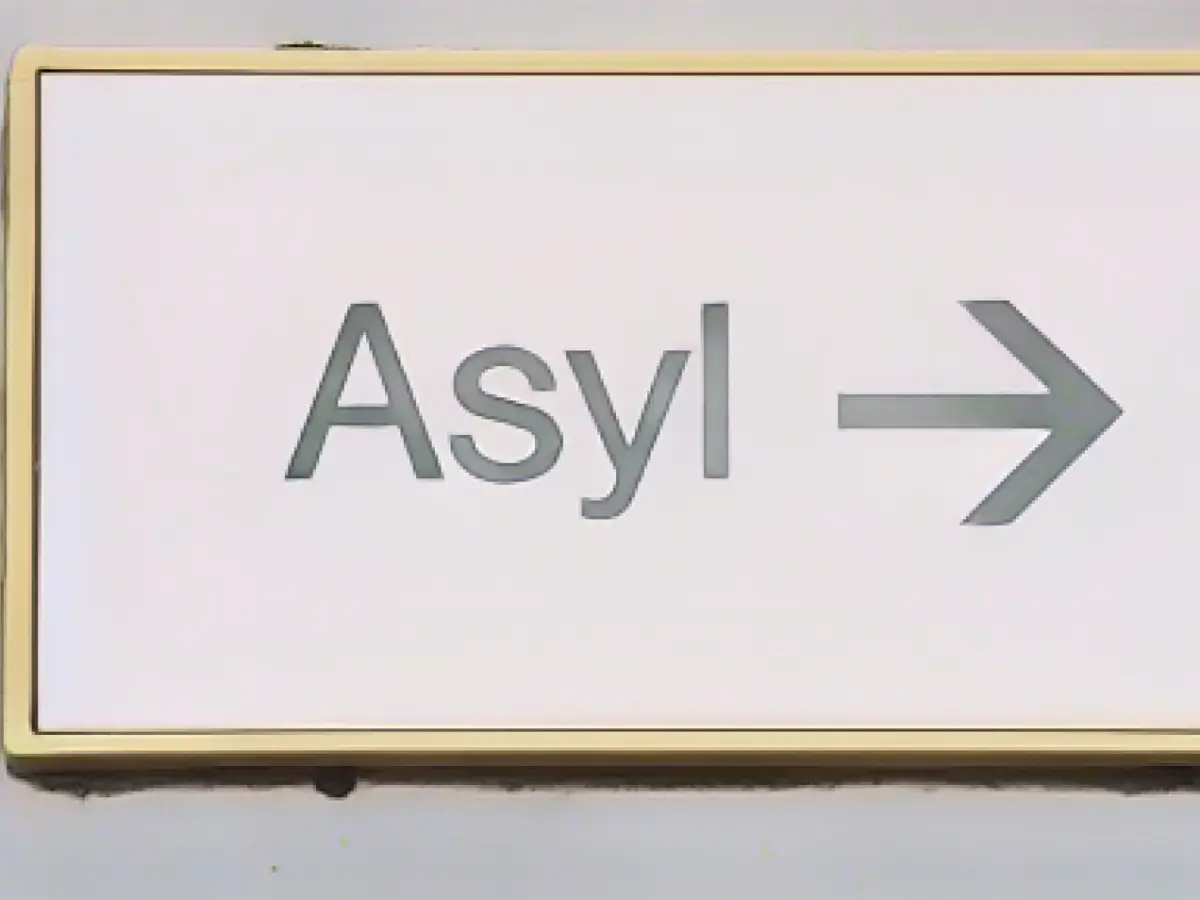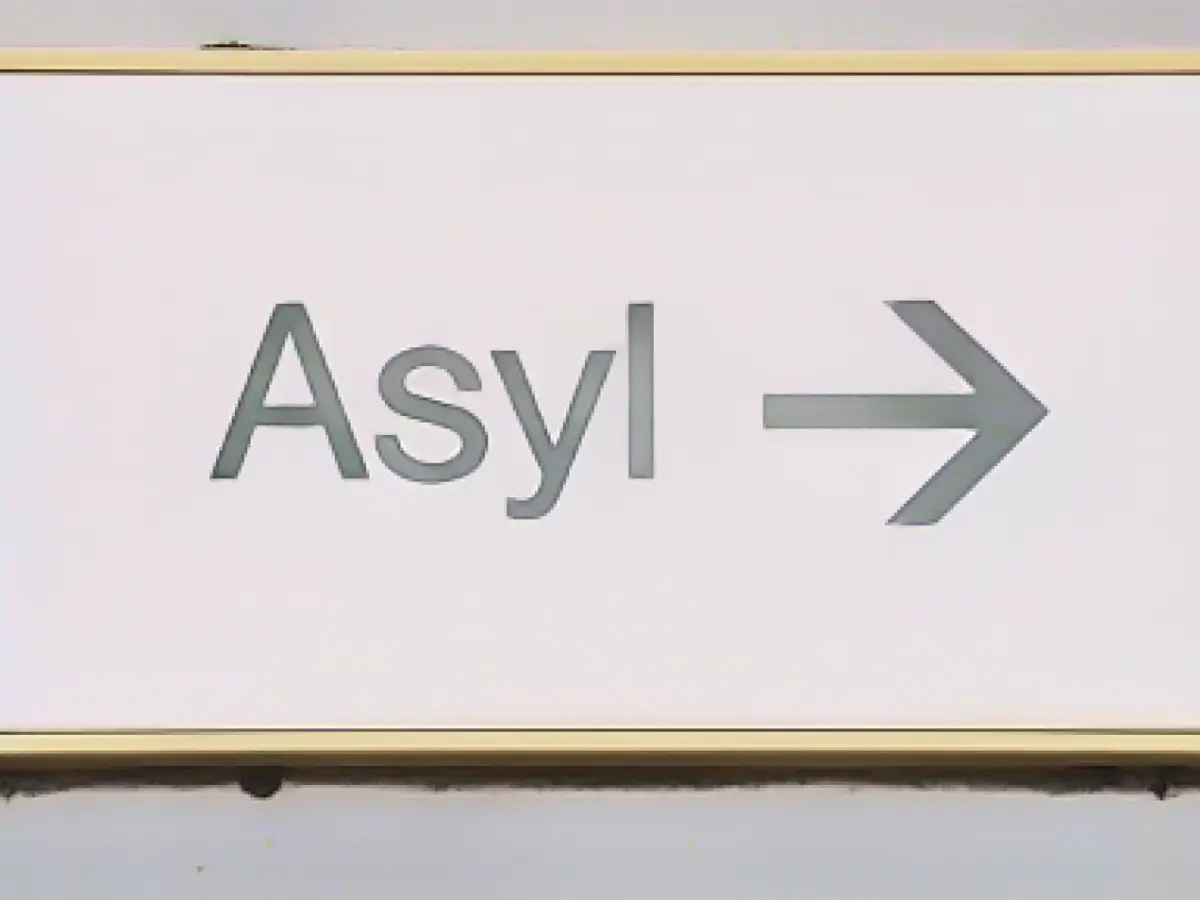In the heart of The Hague, the Hobbs' choice is all too real: form a government or fade into obscurity for Geert Wilders and his Party for Freedom (PVV). Fresh from a major victory, Wilders is cast as the kingmaker, seeking partners to share power. But tensions are high, trust is low, and what precisely does this right-wing radical truly desire?
Option 1: A conservative Netherlands
Wilders has proposed a powerful alliance with the VVD, the right-wing liberal party of departing Prime Minister Mark Rutte, as well as the new center-right party, New Social Contract (NSC), and the smaller populist Peasant Citizens' Movement (BBB). Such a coalition would represent the nation's most conservative government in history, yet enjoys voter support, according to polls.
This coalition could swiftly agree on a single matter: drastic reductions in the number of asylum seekers, with all parties sharing a hardline stance. However, Wilders has vowed to provide more funds, fewer taxes, and cheaper shopping and health insurance costs, promises that may break the bank. His partners, however, are reluctant to burden the economy with additional debt.
Nevertheless, the VVD and NSC have major reservations, with Dilan Yesilgöz and Pieter Omtzigt expressing their concerns. As the leaders of the VVD and NSC, respectively, they hesitate to form a government that could exacerbate the country's economic woes.
Option 2: A fragile alliance
Yesilgöz has suggested a minority government, where the VVD would support Wilders but refuse to appoint ministers. This approach allows the VVD to retain some political influence while avoiding direct responsibility for policy decisions. Wilders, however, is not yet throwing in the towel.
But Omtzigt's concerns run deep. He founded the NSC with the intention of upholding the rule of law, so he set strict conditions before negotiations even began. Wilders was required to freeze any policy proposals that contravene the rule of law and the constitution.
The PVV leader has already committed to a degree of self-restraint, such as temporarily suspending his anti-Islam rhetoric. However, Omtzigt demands further assurances, including no changes to EU membership, climate protection, and aid for Ukraine, requirements that would significantly water down the PVV's agenda.
Geert Wilders, the high-wire act
Now, Wilders dances on the tightrope. He must maintain the love of his voters while also addressing the apprehensions of potential partners. But many remain skeptical about his ability to make compromises, believing his harsh rhetoric will clash with the consensual political culture in the Netherlands.
Besides the disbelief in Wilders' transformation, his iron grip on the PVV comes at a price. He fears internal strife and party fragmentation, so he stifles dissenting voices within the party. This rigid control may prove unsustainable when he ascends to the tower, otherwise known as the prime minister's official residence, in The Hague.
Time will tell if Wilders' fragile alliance can survive the complex political landscape of the Netherlands or if his plans will come crashing down like a house of cards.
